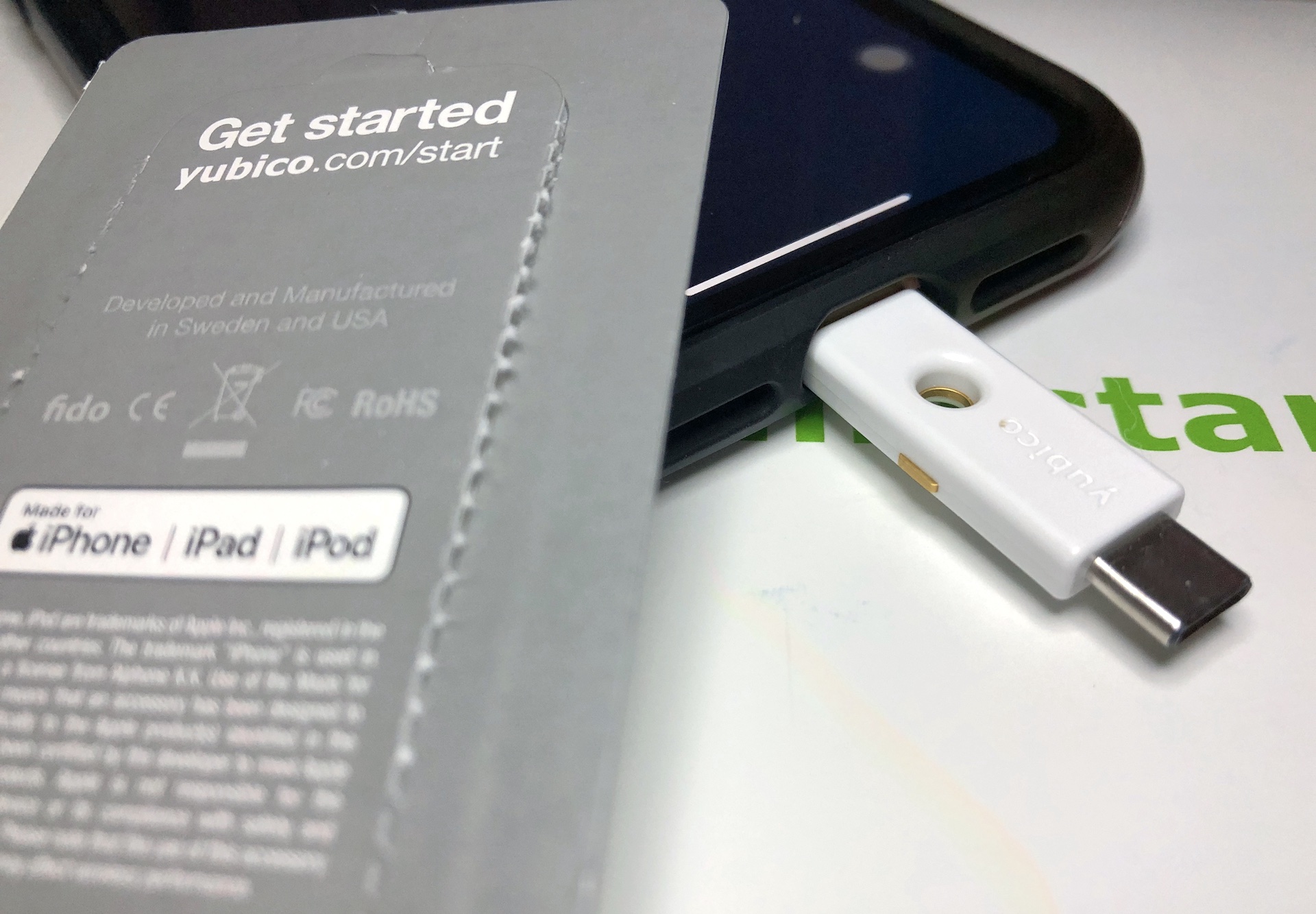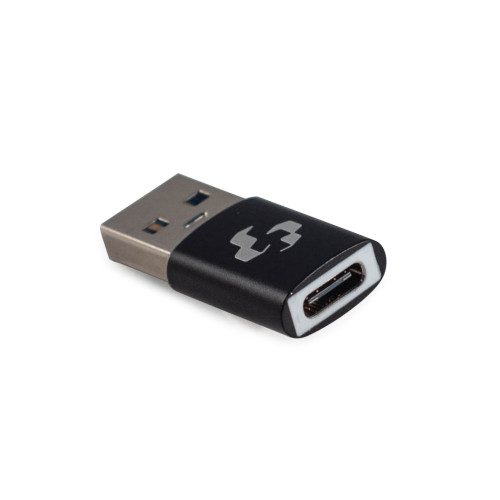

Put simply, Yubico wants to offer iOS users options via multiple protocols. But with a Lightning connection, Yubico can offer support for FIDO Universal Second Factor (U2F), a protocol initially codeveloped by Yubico and Google, which offers more benefits, such as increased protection against phishing attacks. With an NFC connection, Yubico’s main security selling point is OTP (one-time password) authentication, due to iOS restrictions.

In August, Yubico extended its mobile SDK for iOS to support Apple’s proprietary Lightning ports, at which point the company invited developers to join its Yubico Lightning Project to “broaden authentication options” for iOS apps. In May of last year, Yubico opened up support for iOS devices by launching a new mobile software development kit (SDK) for developers - this was only possible on some devices from iOS 11 onwards - that enabled NFC support for iOS app developers for the first time. Similarly, you can plug one of the keys into an Android phone or use NFC to authenticate a session on mobile. On desktop, you can insert a little USB key into your Mac or Windows machine, and whenever you try to access an online account that requires 2FA, you just tap a button on the key. Ultimately, it’s all about minimizing the need to use passwords or follow traditional two-factor authentication (2FA) processes that involve 4-digit codes sent by SMS. Hardware-based authentication company Yubico today debuted two new security products.ĭemoing at CES 2019 in Las Vegas, the Swedish company formally unveiled YubiKey for Lightning in private preview - its first product that can physically connect to an iPhone or iPad without an adapter.Īdditionally, the company launched an updated version of its entry-level blue Security Key, which now supports near-field communication (NFC).īy way of a quick recap, Yubico develops a range of portable authentication devices that promise enhanced security for myriad online accounts, including social networks and password management services.


 0 kommentar(er)
0 kommentar(er)
